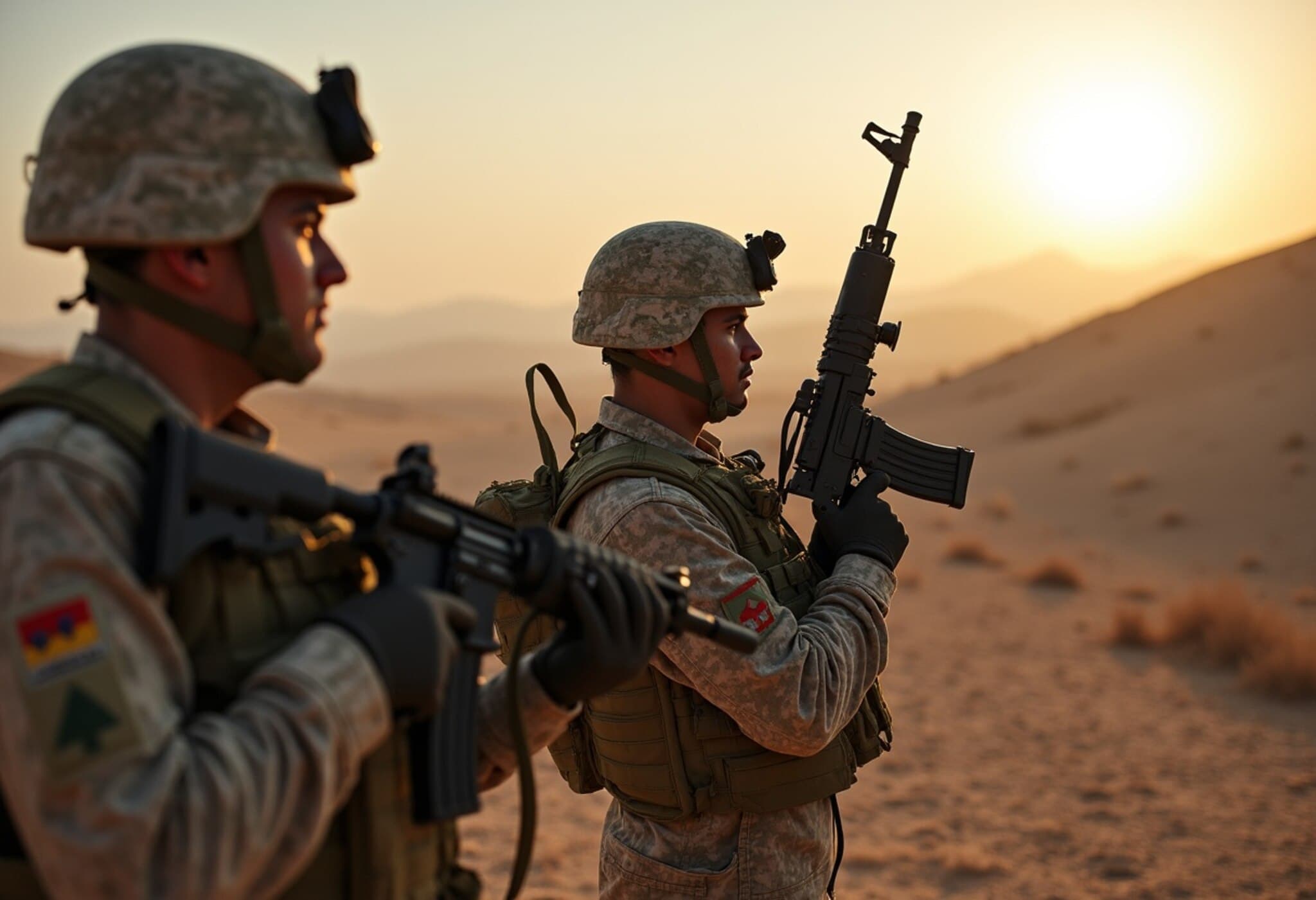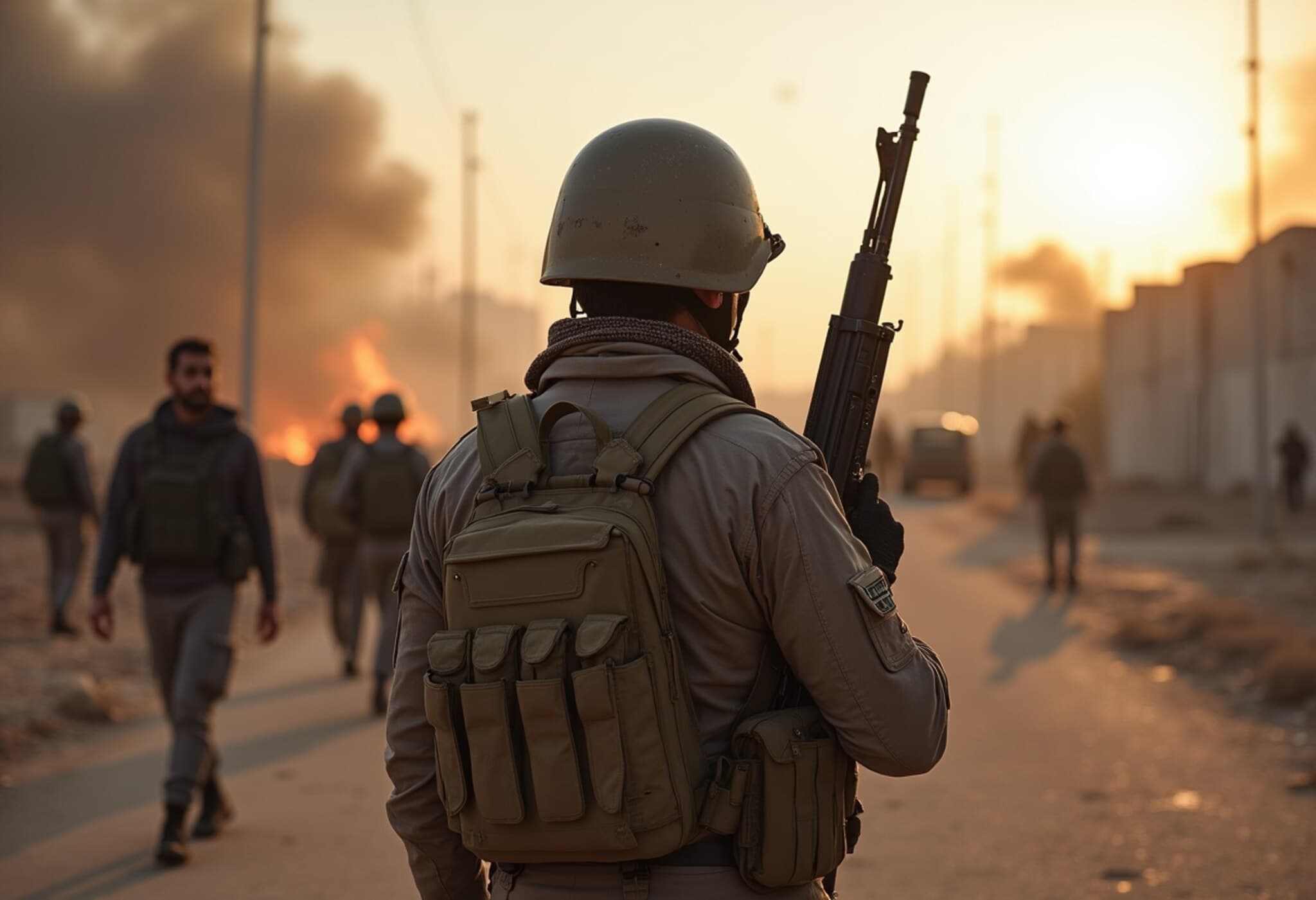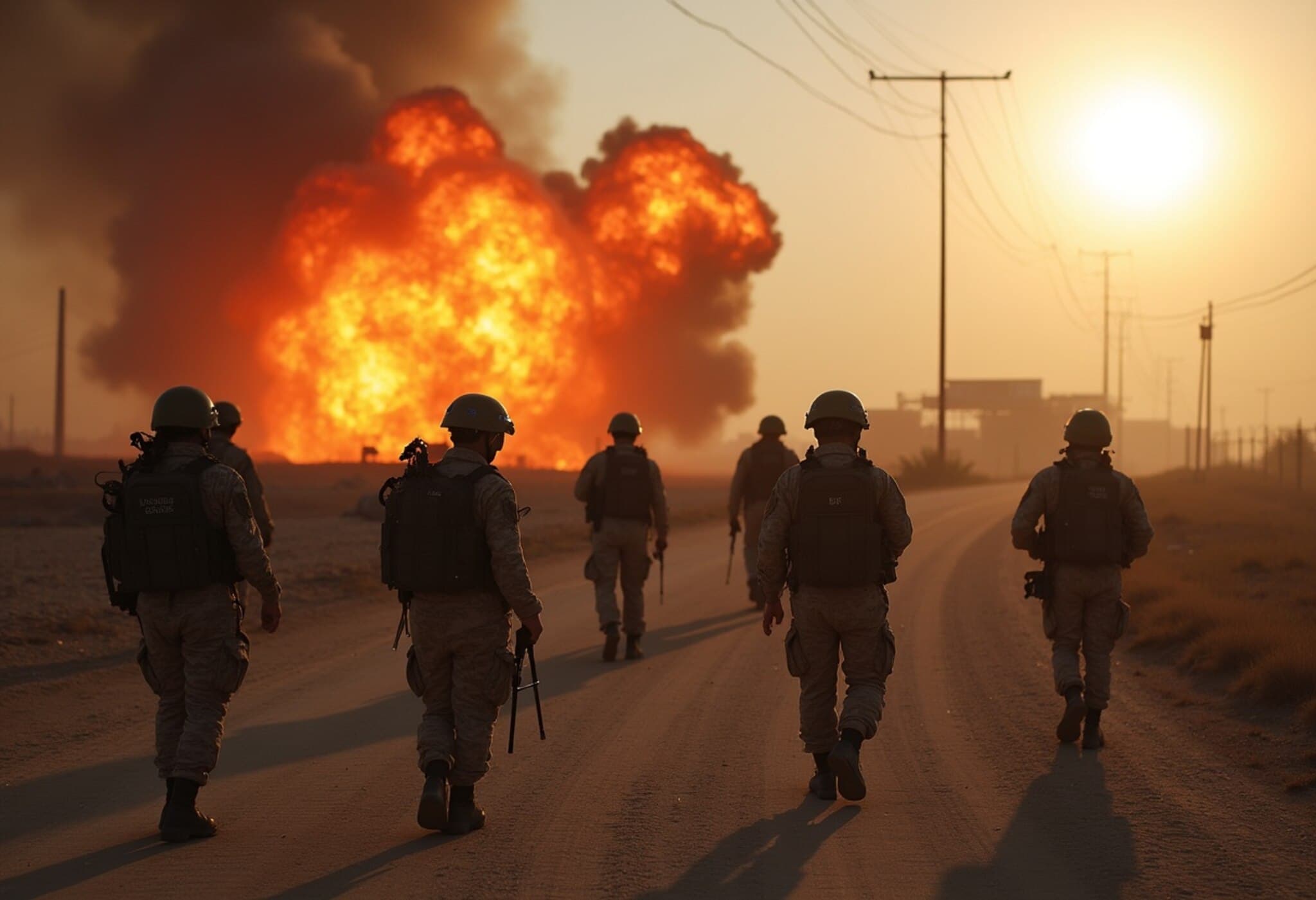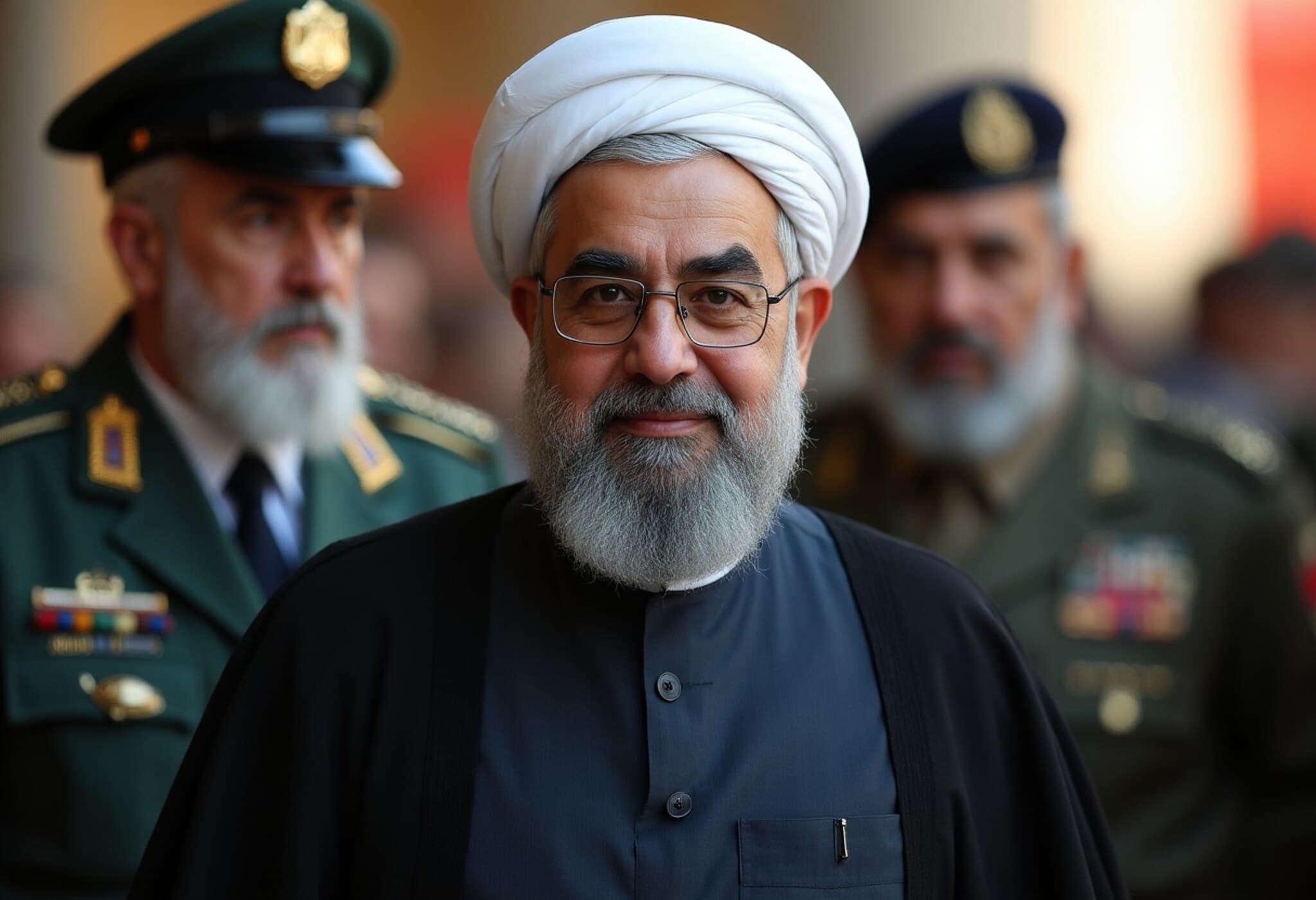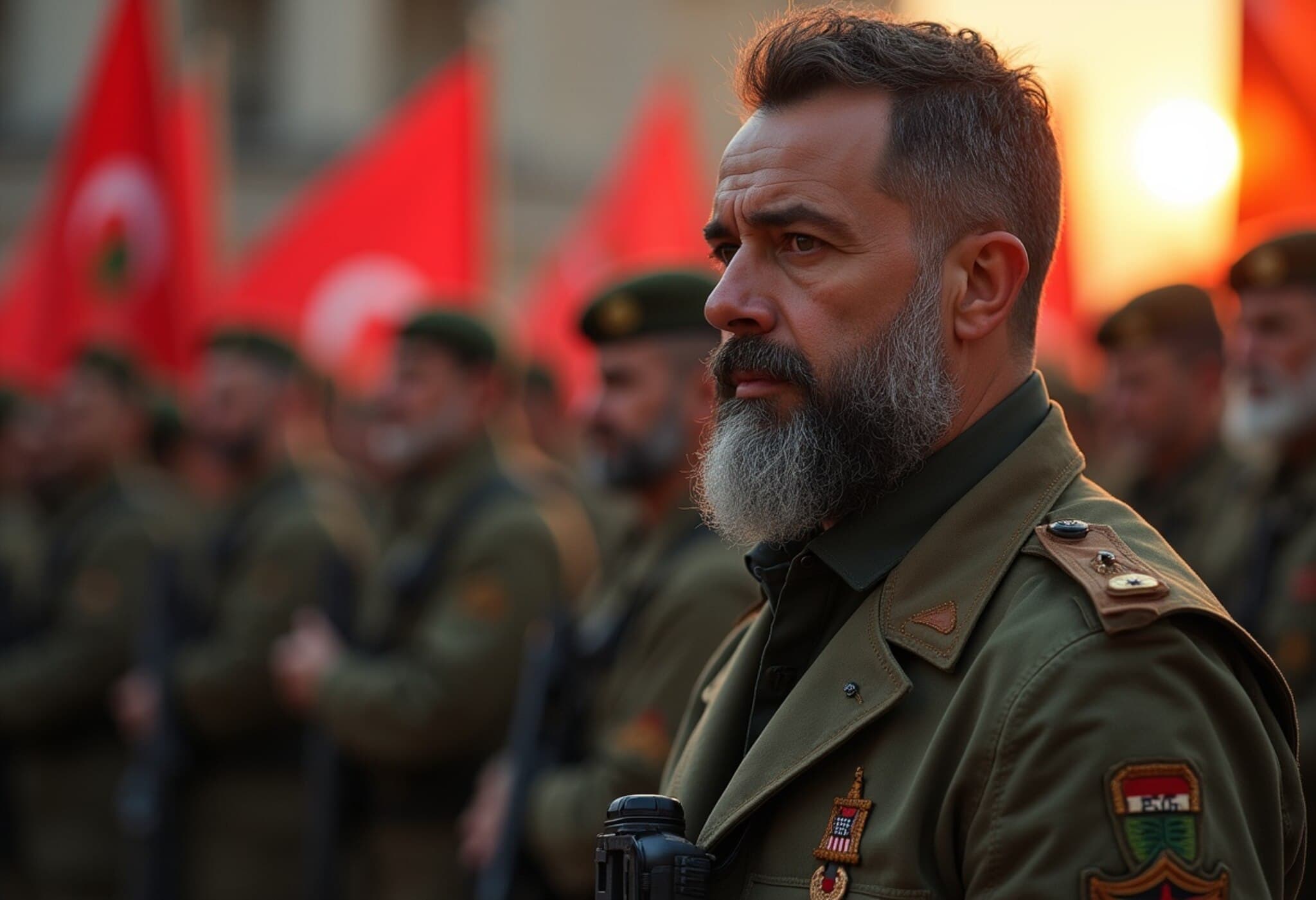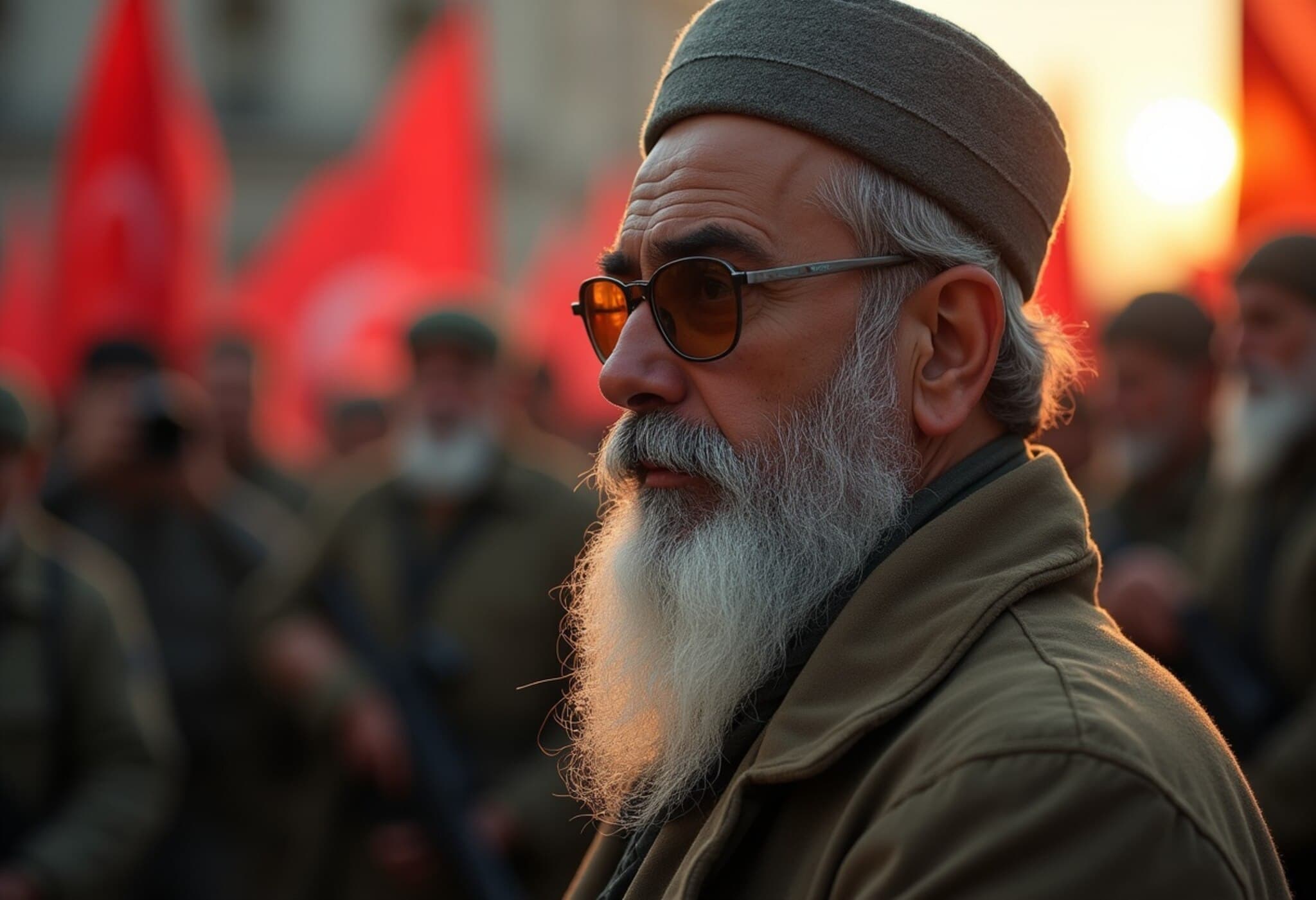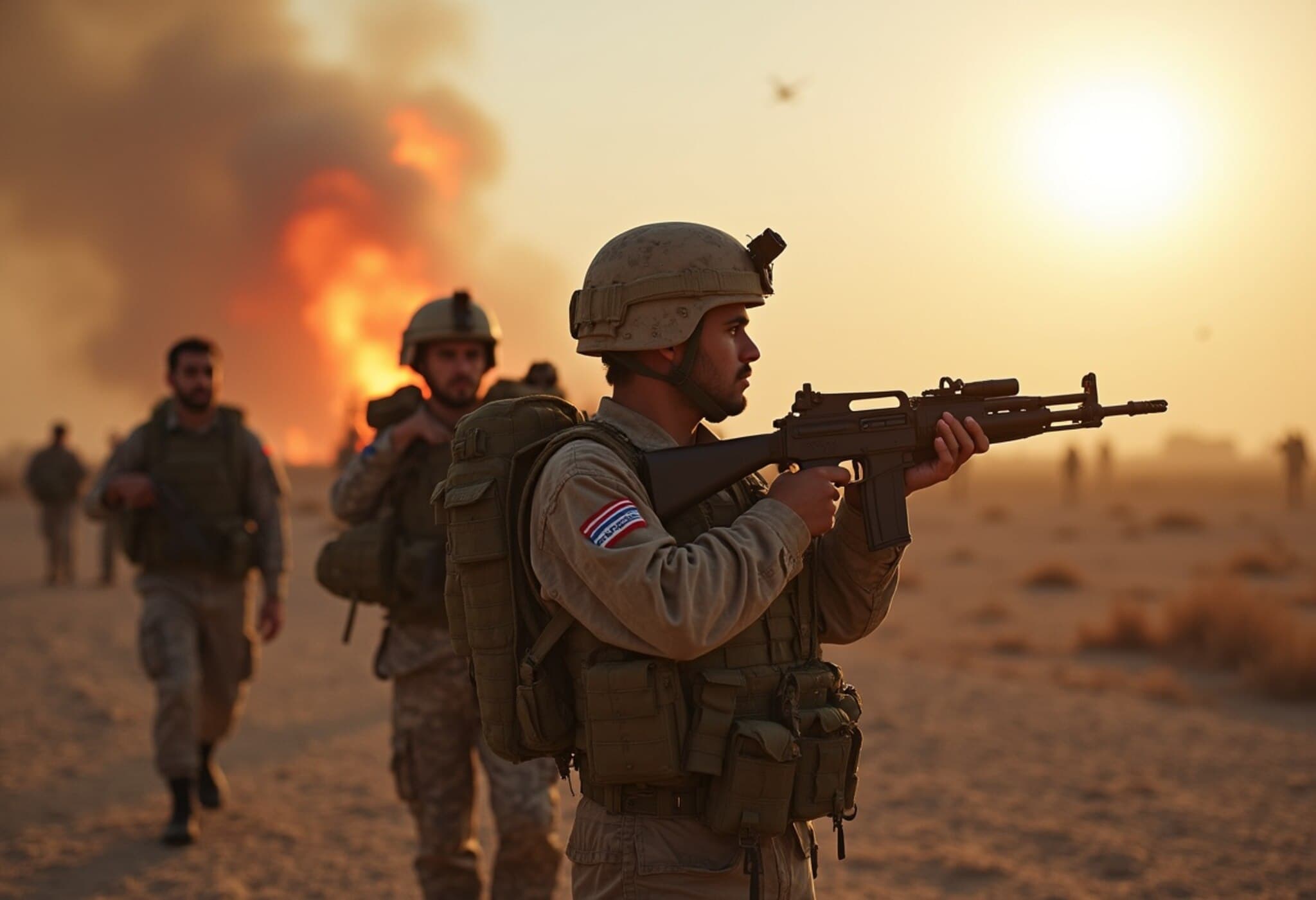Tragic Blast at Hezbollah Military Facility Claims Lives of Five Lebanese Soldiers
In a somber incident near Majdal Zoun in Lebanon's Tyre district, five Lebanese soldiers lost their lives Saturday while clearing explosive remnants at a Hezbollah military site. The soldiers were dismantling munitions left over from the recent conflict between Hezbollah and Israel, as part of Lebanon’s efforts to implement a ceasefire agreement reached in November 2024.
Background: Clearing the Aftermath of Conflict
The explosion occurred as troops were working to remove unexploded ordnance and dismantle weaponry belonging to Hezbollah’s armed infrastructure. This effort formed a critical component of the truce that aimed to stabilize the southern border region and prevent further hostilities after months of intermittent clashes.
Although the Lebanese Army has not issued an official statement regarding the blast, the Lebanese presidency confirmed that the explosion happened during engineering operations to neutralize hazardous explosives in the area. President Joseph Aoun personally communicated with Army Commander Rodolphe Haykal, expressing condolences over the "painful incident” that caused casualties.
National Leaders Pay Tribute
Prime Minister Nawaf Salam took to platform X (formerly known as Twitter) to honor the fallen soldiers, describing their deaths as the ultimate sacrifice made "while performing their national duty." He emphasized the army's role as the "safeguard and fortress of sovereignty" in Lebanon and an essential protector of the nation’s unity amid ongoing regional tensions.
“With great pain, Lebanon mourns the sons of our brave army who rose as martyrs in the south while performing their national duty. All of Lebanon, state and people, bow in reverence before their sacrifices and pure blood,” Salam wrote.
UN Peacekeepers Confirm Extensive Hezbollah Military Infrastructure
This tragic event comes on the heels of a U.N. report revealing a vast network of Hezbollah fortifications in the same region. Andrea Tenenti, spokesperson for the United Nations Interim Force in Lebanon (UNIFIL), disclosed the discovery of fortified tunnels, bunkers, and extensive weaponry including artillery, rocket launchers, anti-tank mines, and approximately 250 ready-to-use improvised explosive devices (IEDs).
These discoveries underscore the challenges faced by Lebanese forces attempting to demilitarize Hezbollah’s armed capabilities in compliance with the ceasefire, highlighting the persistent threat posed by entrenched militant infrastructure in southern Lebanon.
Understanding the Broader Implications
Lebanon’s precarious security environment remains deeply entwined with Hezbollah’s military presence and its complicated relationship with the state. The Lebanese army’s hazardous task of clearing these munitions is both a symbolic and practical step toward asserting state sovereignty over national territory.
However, this tragic accident reveals the perils faced by forces attempting to dismantle sophisticated militant networks, which continue to store and deploy weapons under civilian cover. Experts warn that without comprehensive political will and international support, these demining operations may continue to be fraught with danger and limited in scope.
Expert Commentary
Dr. Rana Mahmoud, a Middle East security analyst, notes, "This incident sheds light on the heavy human cost behind peace enforcement in fragile regions. The Lebanese army operates under immense pressure to maintain national unity while tackling non-state armed actors like Hezbollah. Effective disarmament demands not only military action but also political reconciliation and regional diplomacy."
Furthermore, the U.S. and European partners have expressed cautious support for Lebanon's stability efforts but emphasize that sustainable peace involves addressing underlying political and sectarian divides, not just physical weapons removal.
What Lies Ahead?
As Lebanon mourns the loss of its soldiers, the incident calls attention to the broader struggle for sovereignty and peace in a region shadowed by proxy conflicts and entrenched militant groups. The Lebanese government's commitment to the ceasefire and disarmament will crucially shape the nation's path to stability.
Observers worldwide will be watching closely how Lebanon balances internal pressures, Hezbollah’s influence, and international diplomatic efforts to safeguard peace on its southern border.
Editor’s Note
This tragic explosion highlights the risks faced by Lebanese troops at the frontline of enforcing the 2024 ceasefire with Hezbollah. It raises critical questions about how Lebanon can successfully assert control over militant armed groups embedded within its territory while preserving internal cohesion. The situation underscores the need for a nuanced approach that combines security measures with political dialogue, regional cooperation, and international backing to break the cycle of violence and instability.
Key questions remain:
- How can Lebanon’s government strengthen its sovereignty without provoking further conflict?
- What role should international actors play in supporting demining and peace-building efforts?
- Can disarmament of heavily armed groups like Hezbollah proceed safely given the risks to Lebanese troops?
Our coverage will continue to follow developments and provide in-depth analysis on these vital issues shaping Lebanon’s future.

